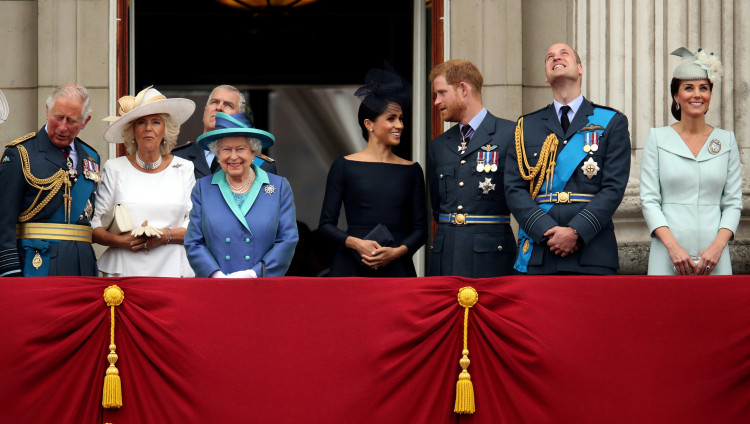The British Royal Family is just one of the many royal families around the world. Across the globe, royal families have remained to rule in their respective monarchies.
But, among all, the British Royals continue to become the most popular ones. Reports even said that when one refers to a "Queen," the public would immediately think of Queen Elizabeth II, despite the fact that there are other reigning and living queens in other countries, according to Business Insider.
Aside from having the ultimate fame and popularity, the British Royal Family is also noted as a very "unique" institution. As stated, they are the only ones remaining to practice royal coronations, as per the Daily Express.
In 1952, Queen Elizabeth II automatically became the head of the British Royal Family and British Monarchy. This is the time when her father died. Although it took almost a year, she did have her coronation, which "formalized" her title and her reign.
Royal coronations were apparent in previous centuries. However, the ceremony has seemingly "diminished" for other royal families in modern times.
As stated, current European monarchies have, reportedly, either "replaced" the royal event with much "simpler ceremonies" or never practiced royal coronations at all. But, in most firms today, "simple" oath-taking ceremonies are required to mark the monarch's accession. This also, reportedly, comes with the presence of the nation's legislature.
Reports also said that the last non-British coronation was witnessed in 1906 when King Haakon and Queen Maud of Norway were crowned. Since then, the British Monarchy has "persisted."
Royal experts and historians, reportedly, explained why the British Royals have since continued to mark the monarch's ascension with a huge royal coronation event. As reported, the coronation in the United Kingdom is "unique" because of the "union," English historian, Sir Arthur Bryant said.
He further asserted that a royal coronation in the UK is a "nation's birthday." The public celebrates this union, and it "makes them one."
The historian went on to explain that in the union, the "Crown is the symbol." Accordingly, this, reportedly, suggests that the UK coronation has continued because it serves as a "reminder of political unity."
In the same report, it is said that the coronation has been "vital for civil religion." As such, this "endures" because of the UK's "unique political and social" circumstance, sociologist Norman Bonney explained.
It is noted, however, that the British Royal Family does not require coronations to rule. As seen in Queen Elizabeth II's course, she became the head of the British Monarchy as soon as her father died.
The same will be true, as well, for Prince Charles. So, whether he will continue the royal coronation or not, this has remained to be unknown. But, if he does, it will reportedly take a couple of months after he ascended to the British Crown.






